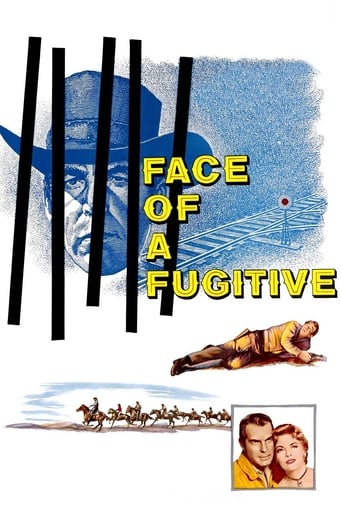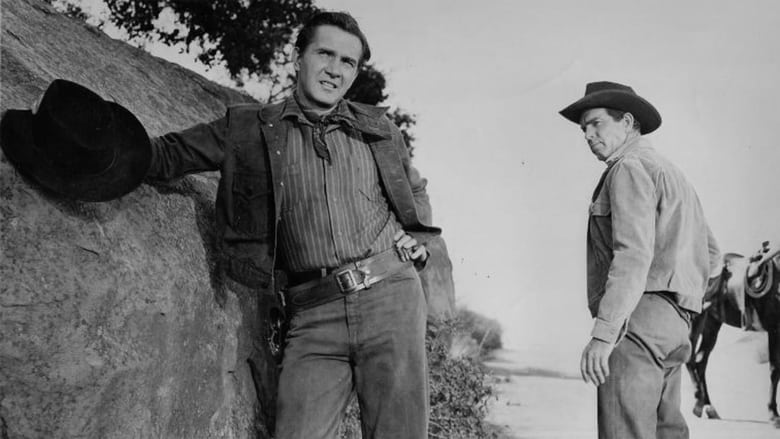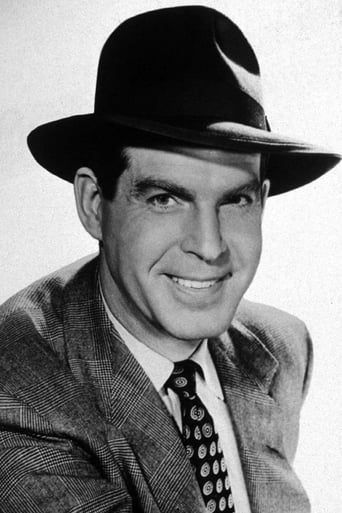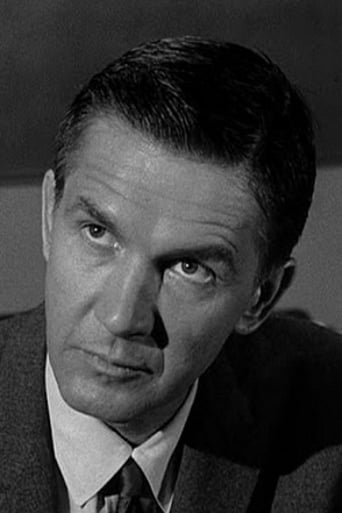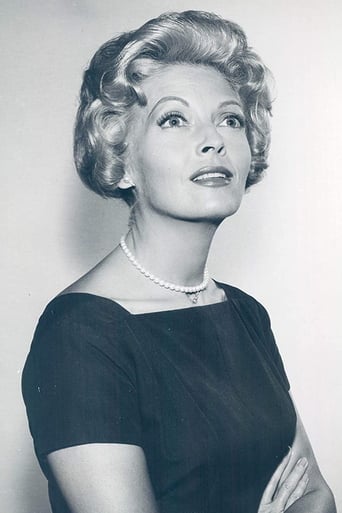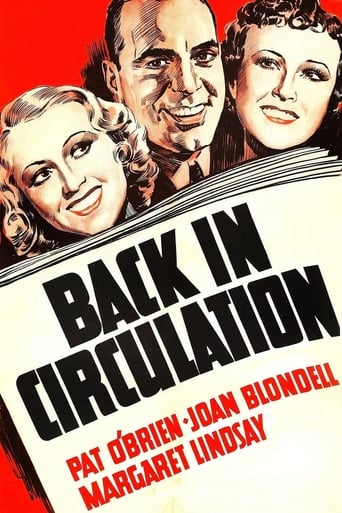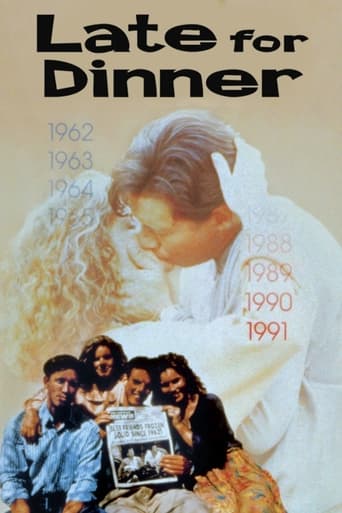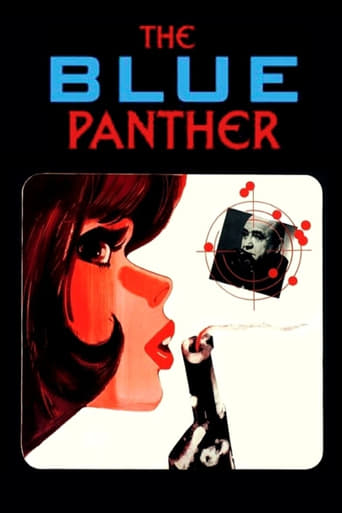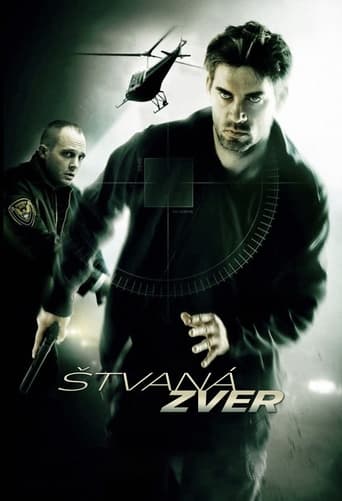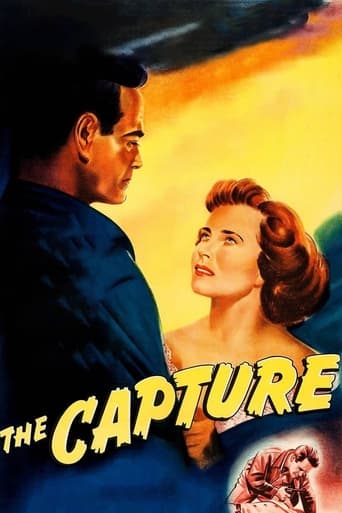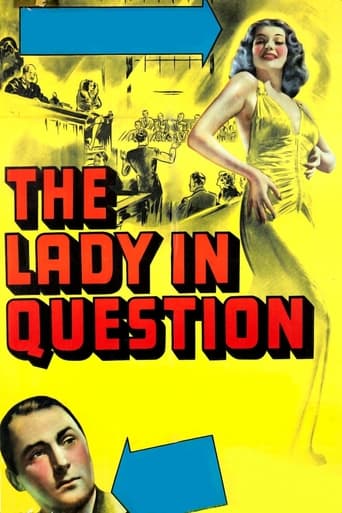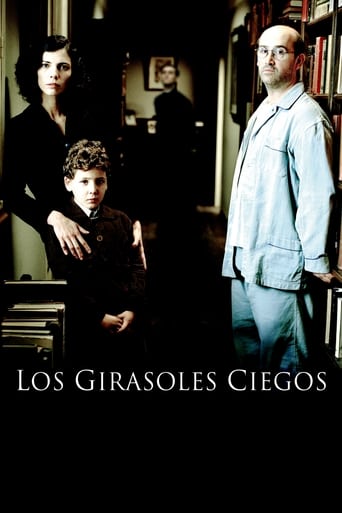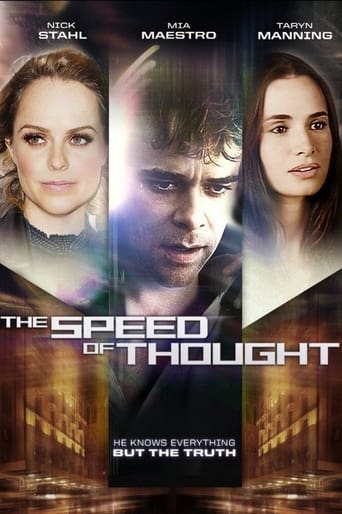Face of a Fugitive (1959)
A man who was falsly accused for murder escapes the sheriffs and starts a new life in a town at the border of the States to Mexico. But he cannot settle in peace as his chasers are trying to find him.
Watch Trailer
Free Trial Channels
Cast


Similar titles
Reviews
A Disappointing Continuation
I wanted to like it more than I actually did... But much of the humor totally escaped me and I walked out only mildly impressed.
Excellent characters with emotional depth. My wife, daughter and granddaughter all enjoyed it...and me, too! Very good movie! You won't be disappointed.
Close shines in drama with strong language, adult themes.
*Plot analyzed* Face of a Fugitive (1959) is a nice little Western with the more than reliable Fred MacMurray. I like him in Film-Noirs (Double Indemnity (1944), Pushover (1954) and Westerns (Quantez (1957), Good Day for a Hanging (1959).Here he plays an outlaw, who isn't as bad as he seems. He makes an escape from a train with the unwanted aid of his brother, who gets shot and later dies. Also, the lawman was killed. So Fred MacMurray is on the run.Jim Larsen, alias Ray Kincaid (Fred MacMurray) hops on a train to the next town, where he befriends the sheriff and his sister. He's drawn into their world and even stands up for the sheriff (Lin McCarthy), who's engaged with a dispute with a cattle man, Reed Williams (Alan Baxter). Look for a young James Coburn as one of his henchmen. He's in a ridiculous scene where Jim Larsen, alias Ray Kincaid (Fred MacMurray) shoots a barbwire fence and it wraps around him tightly.Most of the action takes place in the small town, but still, it's a solid script and tight role for the likable Fred MacMurray.
Reasonably taut western-suspense has MacMurray, unwittingly on the run after his brother (Hayes) kills a lawman then dies during a bungled escape from custody. He quickly establishes himself with an alter-ego and his forthright, courteous style captures the attention of local widow (Green) whose young, somewhat precocious daughter (read matchmaker) has taken a shine to the amiable MacMurray. Trouble with local thugs (Baxter and Coburn principally) and a more pragmatic need of cash, prompts MacMurray to "go-straight" and take on a job as the struggling sheriff's (McCarthy) deputy, but his past is going to catch up with him soon."Fugitive" can sometimes be a dark little suspense-thriller, carried effectively by MacMurray's sombreness as he reflects on the life of crime that ultimately cost his kid brother's life and now threatens to derail his chance at a future with Green. Baxter is prominent as the town bully, flanked by an imposing James Coburn in his second movie. Coburn has more dialogue and presence than would ordinarily be attributed to a minor supporting actor in that part, perhaps indicative of his potential.Climactic ending has a gunfight in an abandoned town under the cloak of a dust storm, as MacMurray attempts to redeem himself before judgement day. A western in appearance only, the themes are very transferable with good suspense and tension throughout.
If you had to pick out a single film to represent the less-than-A features Hollywood was grinding out in the 1950s, this might do the job. It practically defines "routine." It is inexpensively made on one or two Western ranches established only for use in cheap movies, it has no recognizable stars except the fading Fred MacMurray. The script, while not uninteresting, is strictly functional and lacks grace.The photography and direction do no more than get the job done, nor does the score by Jerry Goldsmith, still operating within strictures imposed by commercial considerations. Imagine if Goldsmith had written a musical score built around a trumpet and some plucked piano strings, as he did later for "Chinatown". He'd have had all the time in the world after that to sit down and write the Great American Symphony.The film isn't an insult to the intelligence though. MacMurray tries to help his reckless younger brother to escape and the brother kills a sheriff and is killed himself in return. MacMurray, heretofore a nice guy, is now involved in a murder. He manages to escape from the town and find a new place, where he makes acquaintances, assumes a new identity, and nervously awaits the arrival of the "Wanted" posters that will reveal him for who he is. He helps the clean-cut local sheriff out of a jam, gets the girl, and redeems himself.The characters have some complexity built into them. The bad guy, for instance, is Alan Baxter. He has possession of some grazing land that belongs to the public and he keeps fencing it off, despite the dire warnings of good-guy sheriff Francis De Sales. That's "bad", true, but Baxter himself has no desire to kill the sheriff unless it's absolutely necessary. And he's related to MacMurray's new girl friend, so allegiances aren't simply lined up, one side against the other, as on a checker board.But, aside from the main question of how MacMurray is ever going to recapture his virtue -- there's never much question about whether he WILL or not -- the script looks like an outline for a story. Absolutely nothing happens that doesn't advance the plot.I'll give one example of how simple it would have been to raise this story beyond the plodding. It involves Alan Baxter, the chief heavy. Baxter had a decent career in smaller roles but he was never a bravura actor and didn't show much in the way of range. Yet, in Alfred Hitchcock's "Saboteur" he played a well-mannered Nazi spy who has an extraordinary conversation with hero Robert Cummings in the back seat of a car. It's all very casual. Baxter tells Cummings about his son. He would like to raise him with long hair. When he, Baxter, was a child, he had long golden curls and he wonders about grooming his own child the same way. ("You'd be doing the kid a favor to get him a haircut", replies the all-American hero.) The exchange lasts about one minute but humanizes the villain. It tells us of his weaknesses, his misguided fantasies, his childhood, and his love for his son.There is nothing here that even resembles that moment. MacMurray, for whatever reason, slogs through his role in monotones, has the requisite fist fight in a bar, severs a strand of barbed wire with a shot from fifty feet away, crawls blooded through the dusty saloon of an abandoned town, and so on. None of the actors outperform MacMurray though. The performances are all routine. The whole production is routine.
I was trying to sleep and came across this on the Western channel. It kept me up. The first time I saw Fred MacMurray was on reruns of "My Three Sons" when I was little. Then when I saw him in "Double Indemity," my whole opinion of him changed. He does very well as the anti-hero here. I didn't see the beginning of the movie so all I knew going on is that he is bank robber and while he is a "bad" guy," you start to want him to be happy. I won't give away too much of the movie, but it is definitely worth a look. The subtleness of the acting styles has a lot to be desired and the way the romance is handled is great. Like in all old (and new) movies, it happens quickly, but you believe it because the two people have a need that draws them together. I wasn't expecting the shoot out at the end to go the way it did. Yet, well, I can't say how it ends, but it was very well done.

